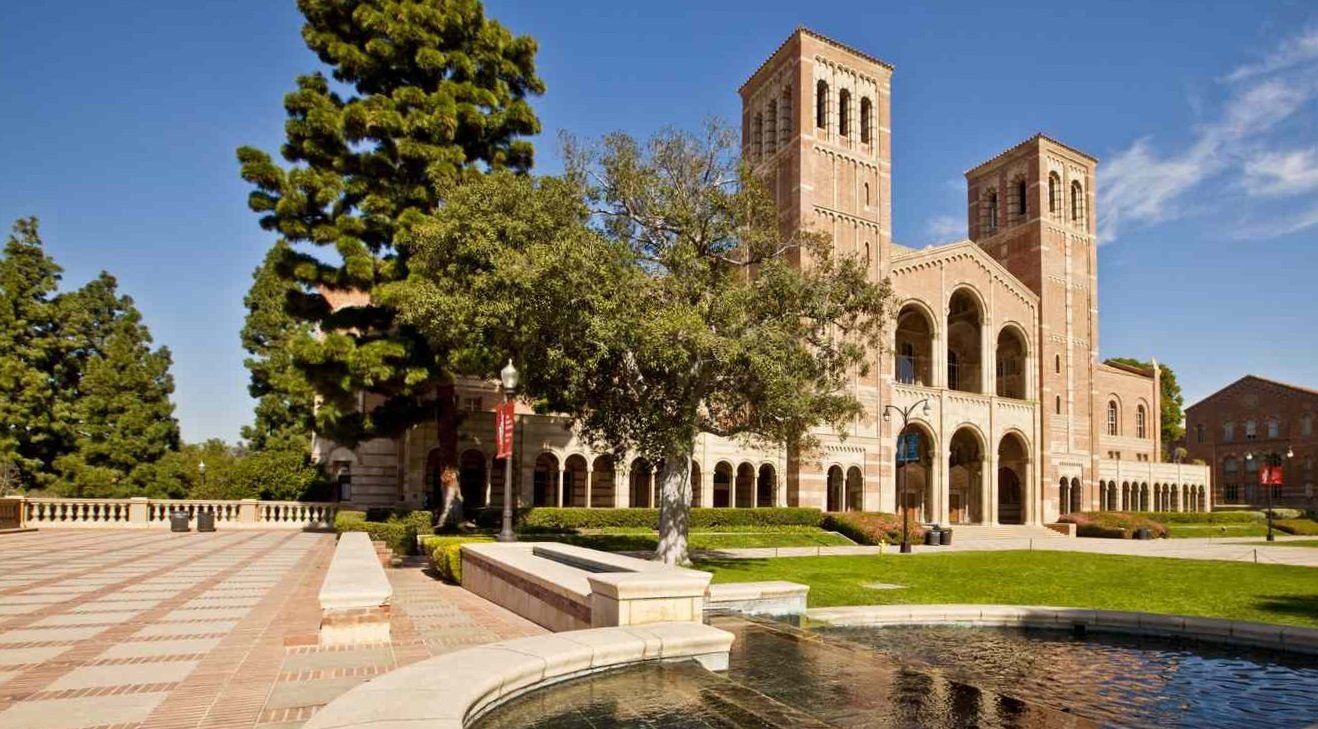
Admissions To:
University of California
We have successfully guided California residents and out-of-state residents to admission into all 9 UC institutions which house undergraduate programs.
Institution:
UCLA:
University of California, Los Angeles
Class of 2029 Acceptance Rate:
9%
Cosmic Acceptance Rate:
62.5%
UCB:
University of California, Berkeley
Class of 2029 Acceptance Rate:
11%
Cosmic Acceptance Rate:
75%
UCI:
University of California, Irvine
Class of 2029 Acceptance Rate:
29%
Cosmic Acceptance Rate:
83%
UCSD:
University of California, San Diego
Class of 2029 Acceptance Rate:
27%
Cosmic Acceptance Rate:
71%
UCSB:
University of California, Santa Barbara
Class of 2029 Acceptance Rate:
33%
Cosmic Acceptance Rate:
80%
UCD:
University of California, Davis
Class of 2029 Acceptance Rate:
42%
Cosmic Acceptance Rate:
75%
UCSC:
University of California, Santa Cruz
Class of 2029 Acceptance Rate:
65%
Cosmic Acceptance Rate:
100%
UCR:
University of California, Riverside
Class of 2029 Acceptance Rate:
77%
Cosmic Acceptance Rate:
100%
UCM:
University of California, Merced
Class of 2029 Acceptance Rate:
91.5%
Cosmic Acceptance Rate:
100%
*UC San Francisco, the UC people talk about the least, only offers graduate programs.
Our exceedingly high success rate for guiding people through the UC admissions process stems from our knowledge of exactly what admissions officers seek in applicant essays and in the activity list they require applicants to fill out. Specifically, we ensure applicants demonstrate to UC admissions readers how admitting this student will elevate the social and academic experience of other students on campus. We help our clients fully quantify the impact they've made through their extracurriculars, then use any remaining characters in the activity list to humanize them in a way that compels admissions officers to advocate for their acceptance.
The UC application is somewhat different from the Common App that most are familiar with, and the admissions criteria they use deviate a bit from that of Ivy League and other top 20 colleges.
In regards to the application, the two main differences are the use of 8 personal insight questions (350 words each), from which an applicant can select any 4 to answer, and the ability to include up to 20 activities on their form of the activity list, with a 350-character description for each activity. This is contrasted to the Common App, where you can only list 10 activities, and only have 150 characters to describe what you did.
The impact of this is that applicants have more freedom in how they can put their best foot forward when presenting themselves to admission officers through their writing, as opposed to having to stick with a Common App style essay and having little to no choice regarding the prompts of the supplemental essays they choose to respond to.
Because the UC application allows one to include 20 activities, it means applicants can paint a better picture of all their hobbies, instead of just the impactful ones like the Common App requires. This dedicates space for applicants to talk about their home life, such as how many chores they do, or talk about independent studies they have done, and gives them a chance to provide powerful, heartfelt reasons for doing menial volunteer work, which for Common App schools is typically looked down upon, but for UCs, can become excellent vehicles to highlight an applicant's character and values.
Concerning their admissions criteria, nowadays, if you apply to a non-UC top 20 college as a well-rounded applicant, it is a death sentence. You will be rejected on the spot in favor of someone who has a spike, a singular interest that they have dedicated their coursework and extracurriculars towards pursuing, and one that is painted all over their recommendation letters.
The UCs, on the other hand, value both specialists and generalists. Meaning that if you are well-rounded, such as someone who wants to major in physics but spent so much time in debate that someone might mistake you for wanting to do pre-law, while you'd be a weak applicant for a place like Yale, you'd be a strong applicant for the very best UC schools. They are a refuge for those who followed the advice of their parents who applied to college in the 80s, when being well-rounded was considered a universal virtue in college admissions.
They also are test-blind, meaning that you can’t send them your 1600 SAT or 36 ACT score even if you tried, and they require no letters of recommendation. These two features truly make their admissions process distinct from that of other colleges, enabling applicants who otherwise have no shot at most top schools, a good shot at UCLA and UC Berkeley.



